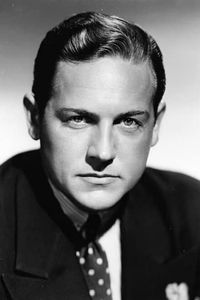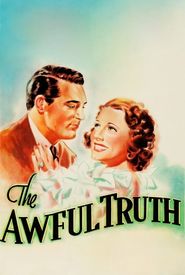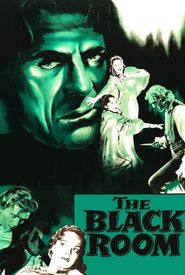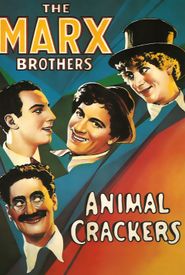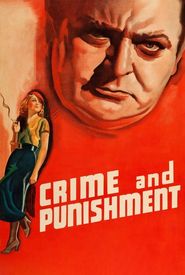Irvine E. Theodore Baehr, later known as Robert Allen, embarked on a fascinating journey as a young man, mastering the art of horse riding through his involvement in polo, fox hunting, and cavalry training at New York Military School, graduating in 1924. He then pursued higher education at Dartmouth College, earning a degree in English in 1929. After his academic achievement, Allen entered the professional realm, initially working for a bank that unfortunately failed during the Great Depression. Undeterred, he transitioned to a career as a commercial pilot, only to see his flying company collapse as well.
Seeking new horizons, Allen ventured to Hollywood, where he swiftly secured acting roles. Although he often appeared in more mature-themed productions, such as The Awful Truth (1937),studio head Harry Cohn was searching for a suitable replacement for the troublesome yet beloved Ken Maynard in their lower-budget western unit. Allen's breakthrough in film history occurred with the production of a half dozen "Bob Allen, Ranger" movies in 1936 and 1937. He formed lasting friendships with his frequent co-stars, including Hal Taliaferro and Tim McCoy, and enjoyed a harmonious working relationship with McCoy.
However, Allen's inability to sing or play the guitar ultimately led to the demise of his western film career. Columbia Pictures opted for a new cowboy star, Roy Rogers, instead of Allen, and he shifted his focus to Broadway and Off-Broadway productions. Throughout his acting life, Allen played significant roles in notable plays such as "Show Boat" and "Kiss Them for Me," as well as the malevolent Mr. Babcock in "Auntie Mame," taking on the part alongside Rosalind Russell and Greer Garson.
In 1964, Allen transitioned to a new career as a real estate broker. He passed away at the age of 92 in 1998, leaving behind a legacy as a talented actor and a loving family, including daughter Katherine Meyer and son Dr. Theodore Baehr.
